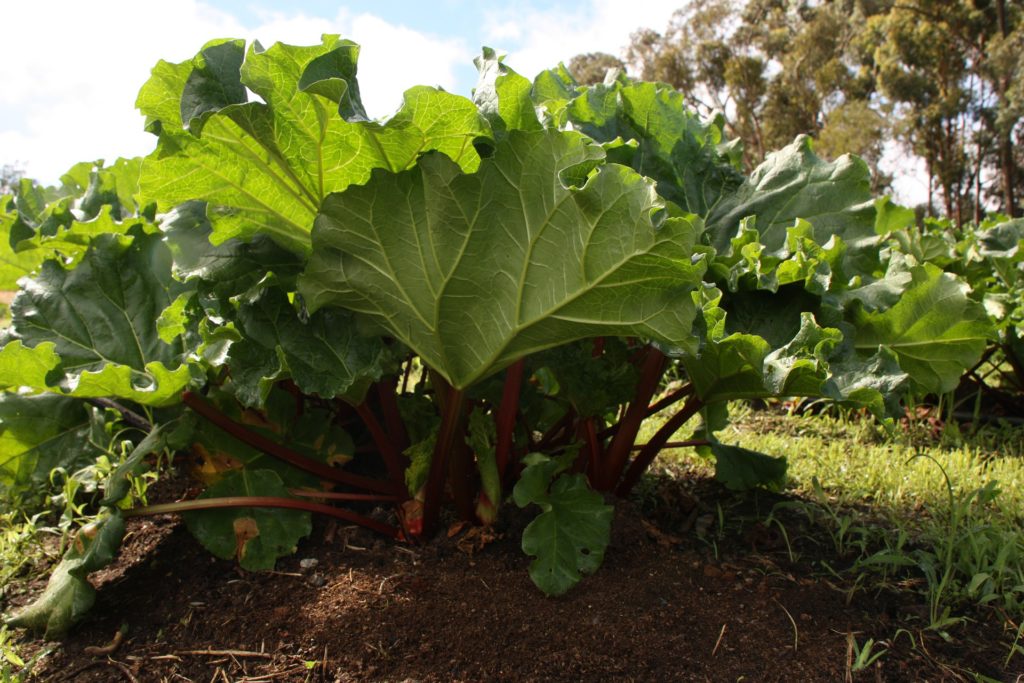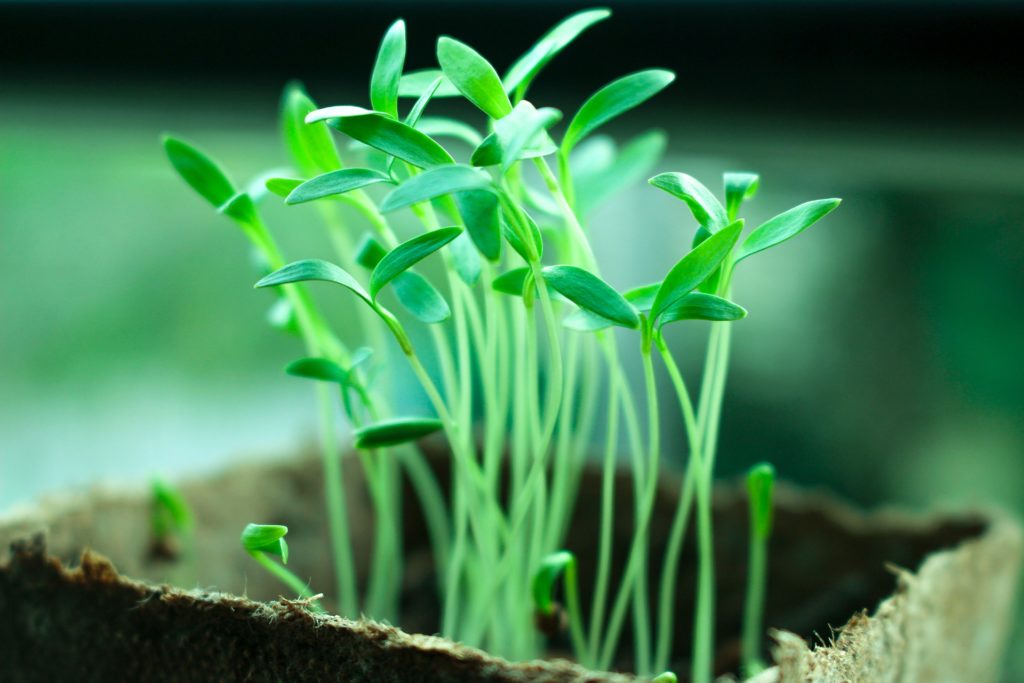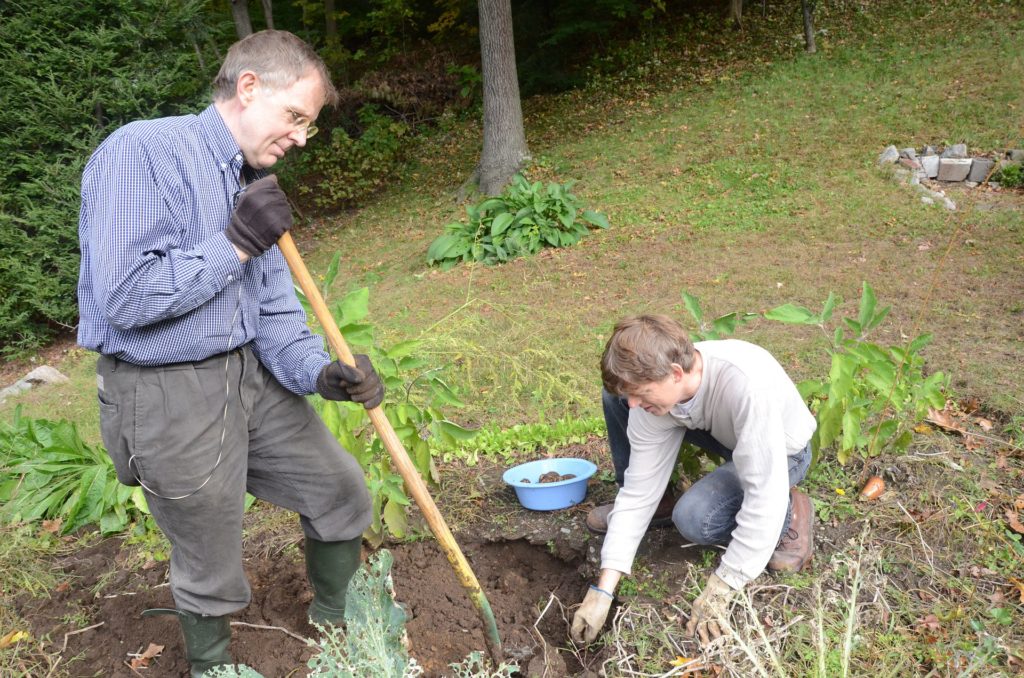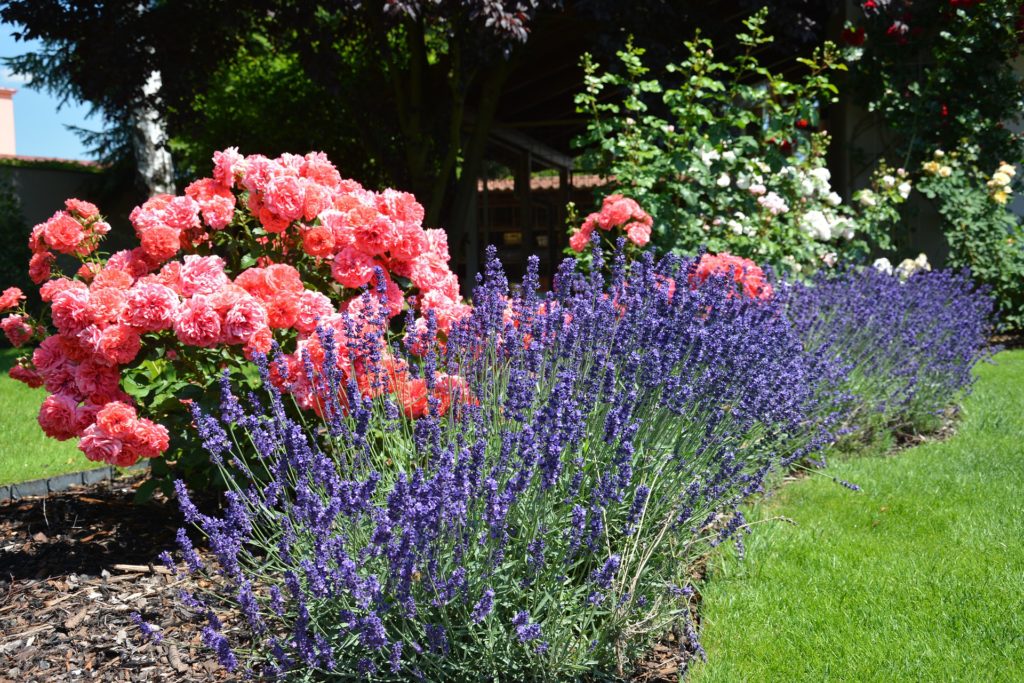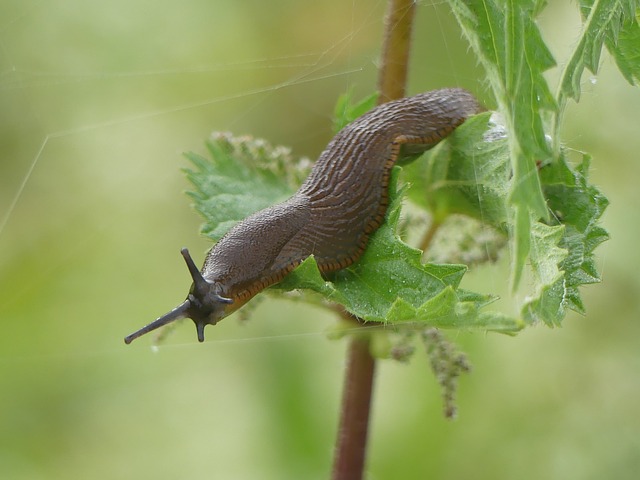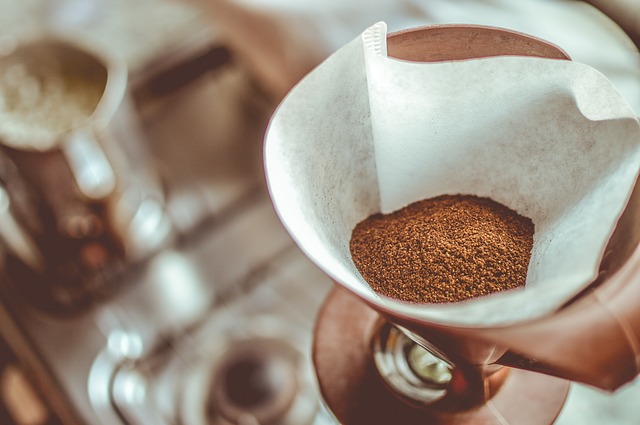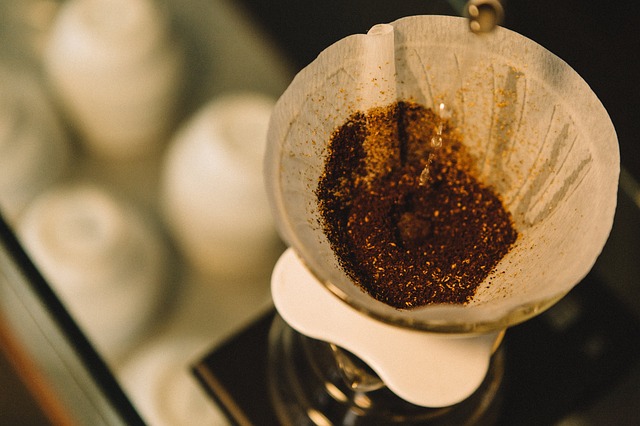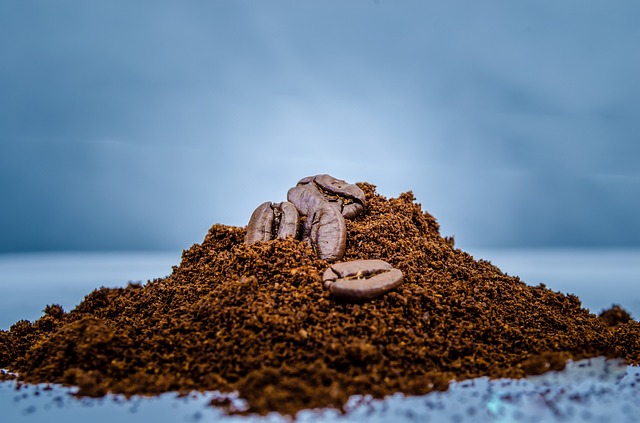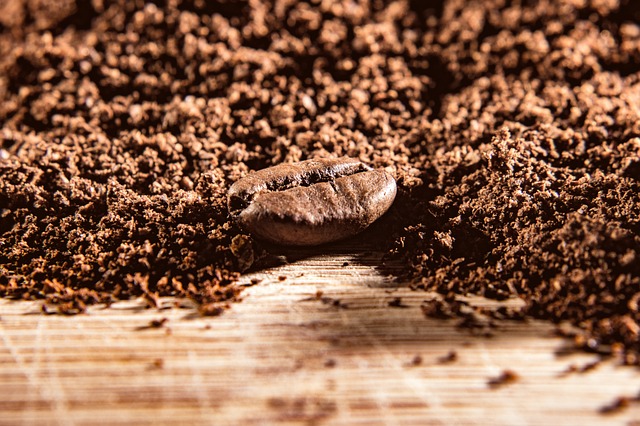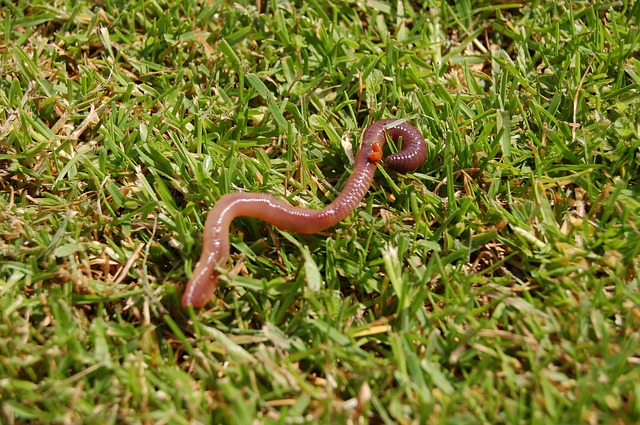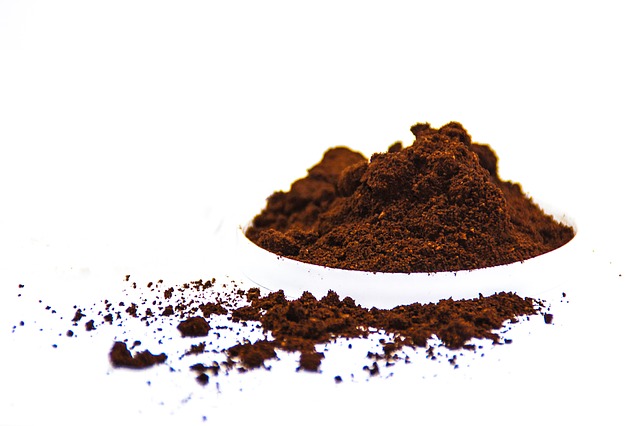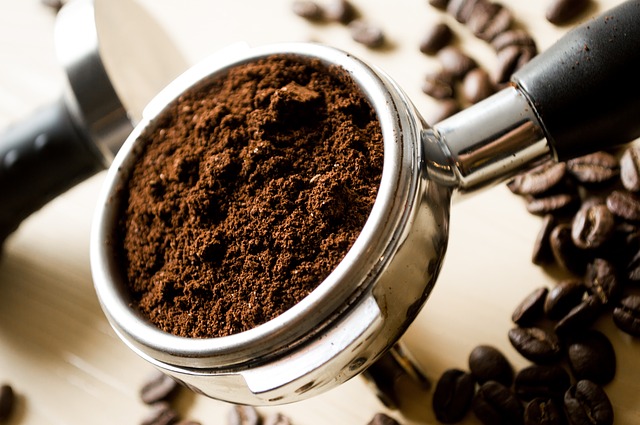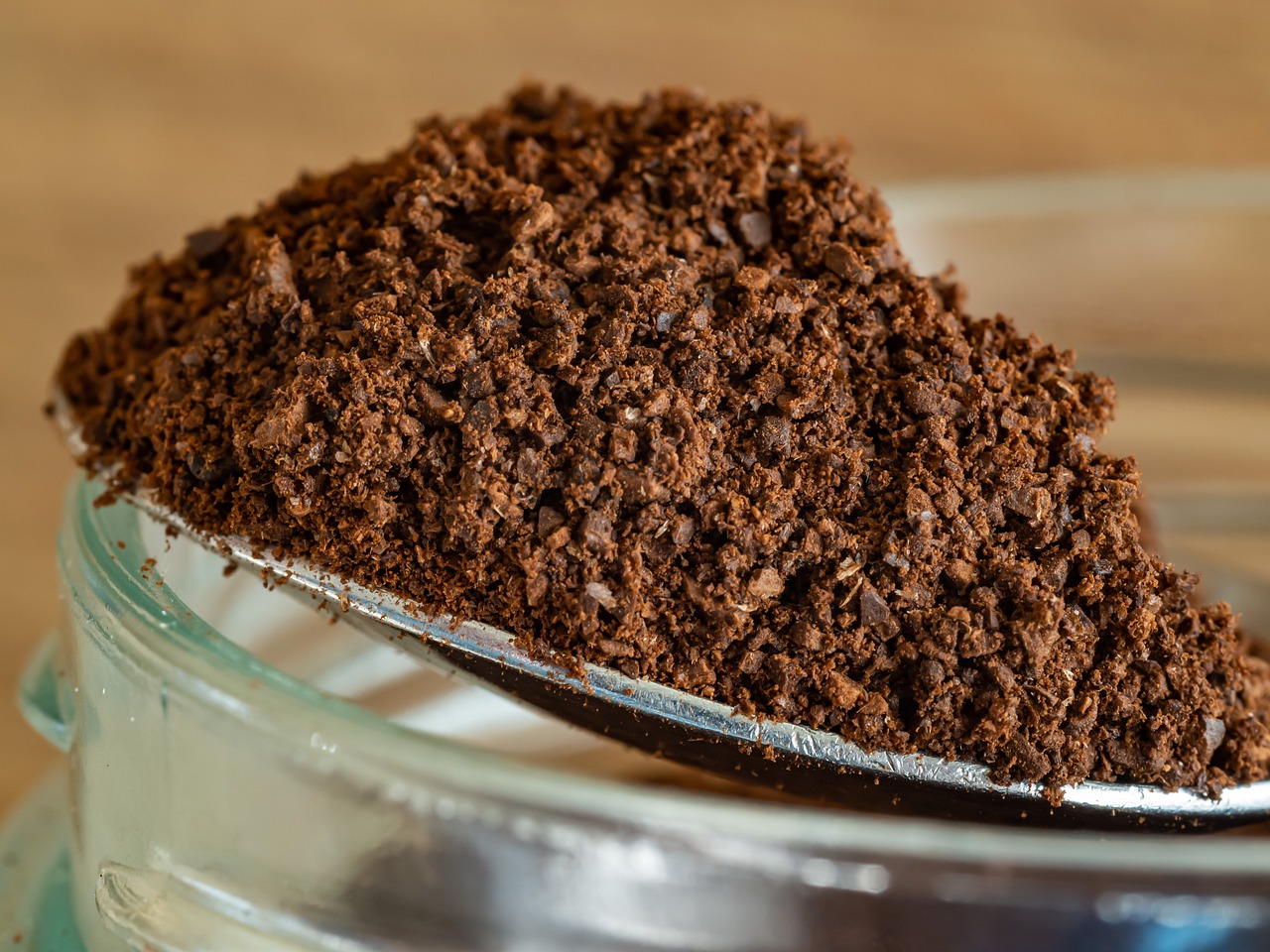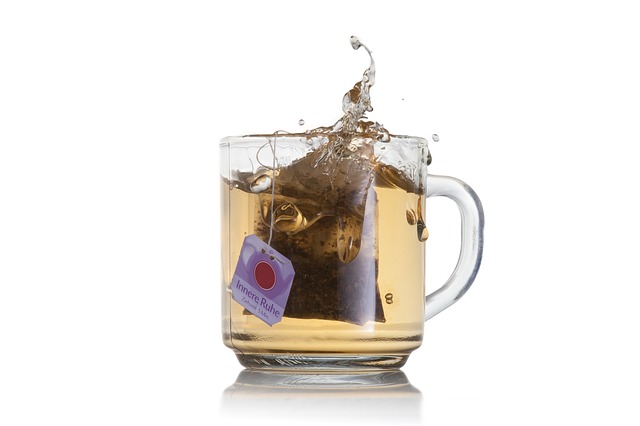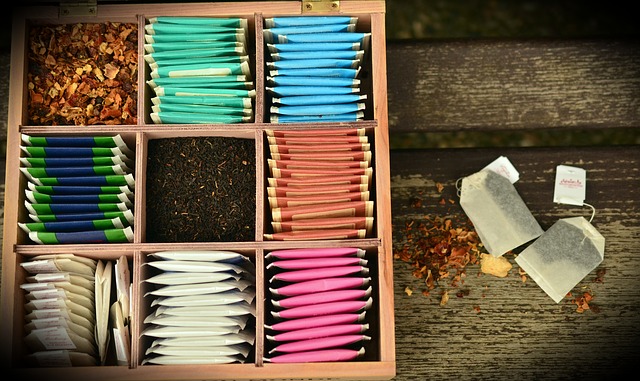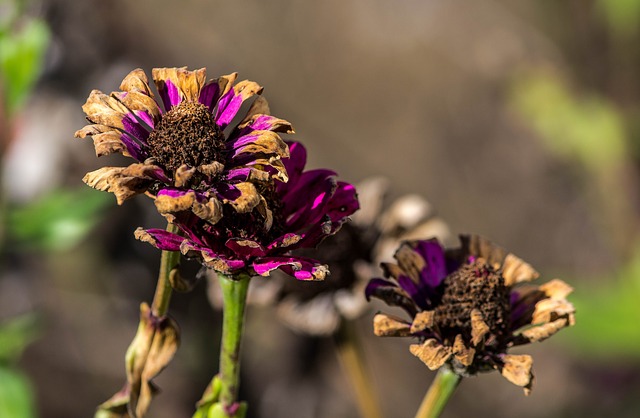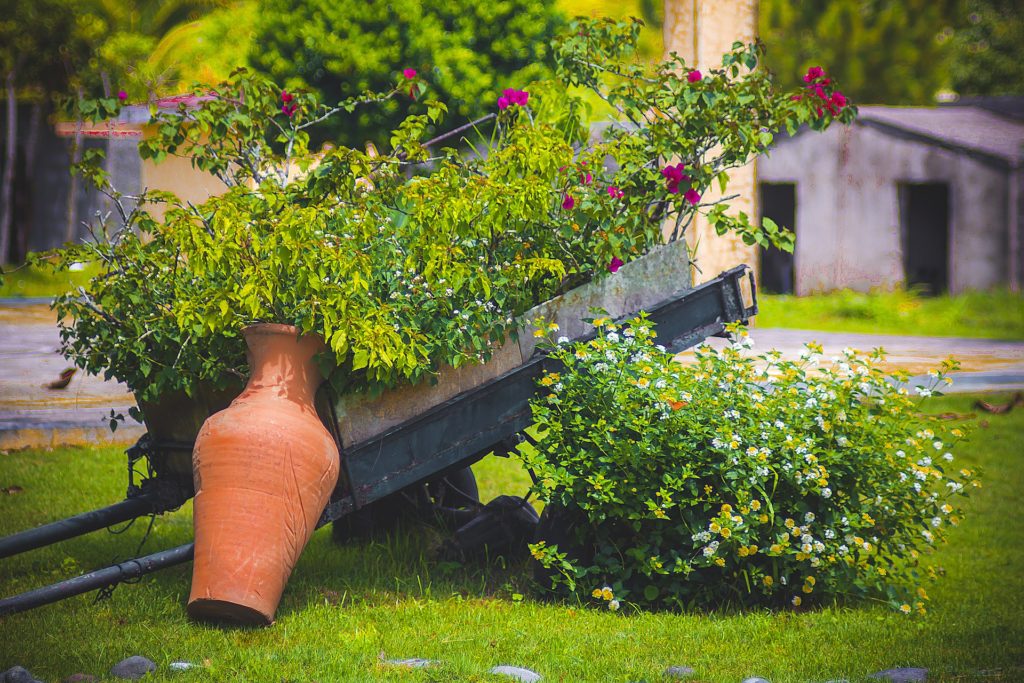
It can take years of planting and care to create a magnificent garden. That’s why the prospect of relocating or moving houses can induce anxiety in gardeners. Whether you plant ornamentals, or if you grow your own vegetables, having to start over can be a daunting task. Many gardeners and hobbyists also keep expensive or heirloom plants, that may be difficult to replace. Here are some suggestions for safely relocating your plants to your new home.
Check Laws
If you’re just moving across town, this probably isn’t a big deal, but there are often very specific restrictions on what you can move across state lines or even international boundaries. It’s imperative that you don’t introduce any invasive species to a new area, and to make sure that you aren’t bringing any pests or diseases with you. Contact your local department of agriculture to find out what you can and can’t bring with you.
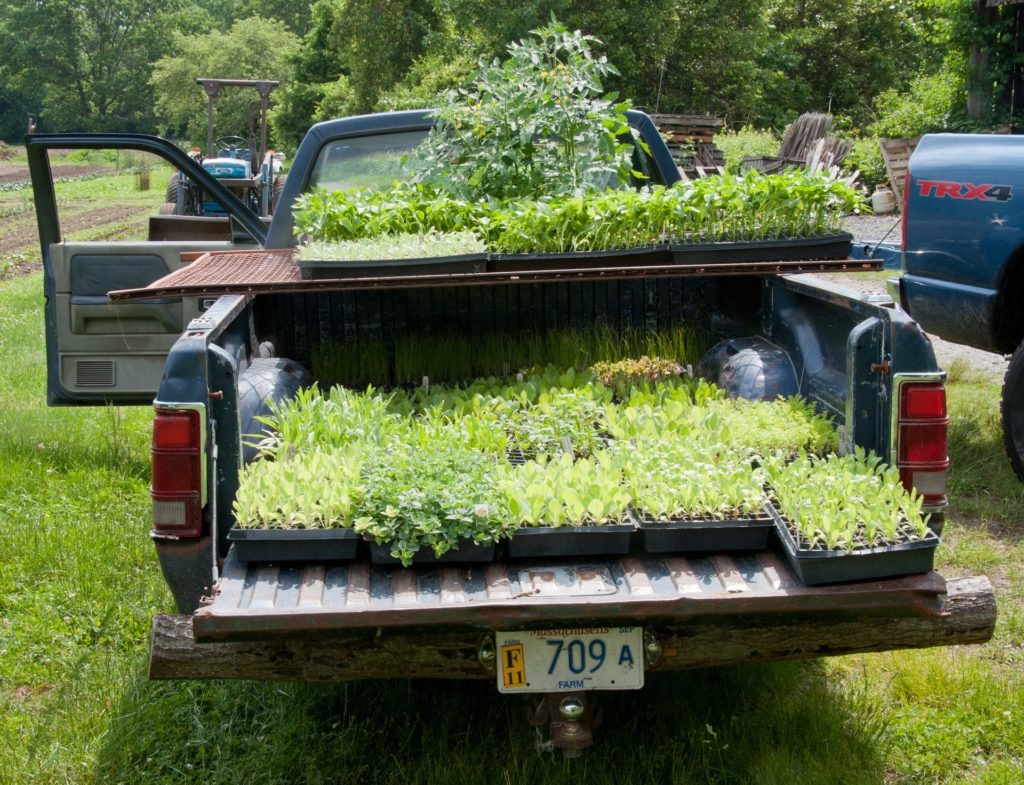
Prepare Your New Plot
If you have access to your new house ahead of the move, see if you can’t do a little bit of work preparing your garden beds for the plants you are choosing to bring. Be particularly attentive to drainage issues, as improper draining can be a nightmare to deal with.
It may be possible to come to an agreement with the person buying your existing home about the fact that you wish to return to remove some of the plants at a later time, especially if you’re moving when the weather will be harder on the plants.
Get The Roots
When removing the plants, you want to make sure that you get as much of the root as possible. Thoroughly soak the roots the day before you plan to remove them to make sure the plant is well-hydrated, and to help loosen the soil.
If they’re not going to be out of the ground for long, you can line some cardboard boxes with plastic and put the plants you wish to keep in there with plenty of soil. If you’re making a longer trip, you may want to consider potting the plants to help protect them during the move.
Handle With Care
Check with your moving company to see if they will move your plants. Even if they will, you may want to move them yourself so you know that they are being properly cared for. Keep the plants out of direct sunlight and as cool as you can.
Leaving them in the back of the car on a hot summer day is a great way to wilt them quickly. Make sure that they are packed loosely and that other items you’re moving don’t crush or damage them.
Plant Them Quickly
You will want to get your plants back in the ground as quickly as possible. The best time to replant them is in the evening hours when it is cooler and they will have the whole night to soak up water before the sun hits them the next day. The longer they are out of the ground, the more likely it will be that they have difficulty adjusting to their new home. Be sure to cover them with a thick layer of mulch to help retain moisture.
Tend Them Carefully
Once in the ground, inspect the plants for any damaged leaves, branches, or stems, and remove the damaged ones so that they don’t sap resources from the healthy parts of the plant. You may want to find a way to shade them for the first few days to allow the root system to re-establish itself before exposing the plants to direct sunlight. Pay attention to any signs of wilting and water immediately if necessary.
Remember that any time you remove a plant from its home, you will shock the entire plant. Don’t be surprised if some of your plants seem to lose some of their vitality for weeks, or possibly even the rest of the season. Feed your plants as necessary, and give them plenty of time to adjust. It may be next spring before they return to their former glory, but when they do, it will have been worth it.
Author Bio:
Elizabeth Lee is a content expert and a blogger specializing in the areas of business and logistics, but also enjoying lighter topics like self-improvement, travel or gardening. Currently writing for PACK & SEND, Elizabeth might often be found online, sharing her tips with businesses and individuals alike. Feel free to follow her at @LelizabethLee86.
Start Shopping for Gardening Supplies!
Does Copper Tape Stop Slugs?
Does copper tape stop slugs? The answer is yes. And you can use this simple solution to keep your plants safe from those slimy plant-eating pests. Repel Slimy Garden Invaders Without Harm Despite being relatively small and very slow-moving, slugs can do a lot of...
Coffee Grounds For Flowers
For many of us, there’s nothing we’d rather do than relax with a cup of coffee near the flower garden. Most people don’t realize however that the grounds used to make our coffee can help to increase the health and beauty of our garden. Here’s what you’ll need to know...
Coffee Grounds For Roses
Using coffee grounds for roses is a fabulous way to improve the health of your plants, helping them to produce those gorgeous flowers you’ve been dreaming of. But there are a few things you’ll need to know before getting started. Conditions Roses Prefer Roses do best...
Do Roses Like Coffee Grounds?
Do roses like coffee grounds? This is something many gardeners wonder about, especially since feeding roses coffee grounds has been a practice that’s been around a very long time. The answer is yes they do, and here’s what you’ll want to know. Roses And Acidic Soil...
How To Use Coffee Grounds For Grass
You’ll want to think twice before you toss your used coffee grounds in the trash every day. Those grounds can actually be used to feed and increase the health of your lawn. Here’s everything you’ll want to know about using coffee grounds for grass. Advantages Of...
Are Coffee Grounds Good For Grass?
Are coffee grounds good for grass? The answer is yes, so you may want to think twice before throwing away your used grounds after your morning cup of coffee. Instead, you can put them to work helping increase the beauty of your lawn. Benefits Of Using Coffee Grounds...
Are Worms Good For Your Lawn?
Despite their slimy looks worms are well-known for being very helpful in the garden. But are worms good for your lawn? You bet they are, and here’s why! Aeration As worms travel from place to place in the soil below your lawn, they create a maze of tunnels. And those...
How To Use Coffee Grounds For Snails
You don’t have to kill those annoying garden snails in order to keep them from eating your plants. In fact, you can use your morning coffee as a non-lethal weapon against them. When they come into contact with your coffee grounds snails will turn right around and...
How To Use Coffee Grounds For Ants
There are endless sprays and poisons you can use to get rid of ants. However, you won’t have to look any further than your morning cup of coffee if you’d like a repellent that doesn’t contain any harmful chemicals. By using coffee grounds ants will stay away and kids...
Which Plants Like Coffee Grounds?
While using coffee grounds in the garden offers quite a few benefits, they can be slightly acid and therefore not appropriate for all plants. So which plants like coffee grounds? Here’s what you’ll need to know. The Basics Of Coffee Grounds Coffee grounds contain...
Coffee Grounds And Hydrangeas
While many people love their hydrangeas, they often would love them even more if they were blue. Luckily the grounds from your morning cup of coffee can help you to achieve those gorgeous blue blooms. Here’s what you’ll need to know about coffee grounds and...
Coffee Grounds For Worms
Worms are an extremely helpful component of any compost bin or pile, not to mention worm farms. And it turns your morning cup of coffee can contribute to their diet. Using coffee grounds for worms is an easy way to keep them from heading to the local landfill while...
Using Coffee Grounds In The Garden
Your morning cup of coffee can help you to not only start your day off right, but in the garden as well. The grounds used to make it have many important properties that are ideal for both plants and soil. By using your coffee grounds in the garden you’ll be able to...
Using Coffee Grounds In Compost
It’s estimated that over two billion cups of coffee are consumed around the world each and every day. And that’s an enormous volume of grounds which are used and then tossed in the trash. By using coffee grounds in compost instead, you can help cut down on waste and...
Used Tea Bags In The Garden
Many people don’t realize that once you’ve had a cup of tea, your tea bag can be used again in quite a few other ways. There are actually many great uses for used tea bags in the garden. And here are some of the best! Free Natural Fertilizer The tea leaves and...
Used Tea Bags In The Compost
The next time you have your daily cup of tea, you may want to think twice about throwing that tea bag in the trash. Instead of contributing extra waste to landfills, you can help the environment and your garden by placing used tea bags in the compost. But before you...
5 Eco-Unfriendly Things You Do That Kill Your Garden
Any budding gardener out there wants to do the best for their garden and their plants. But are you accidentally causing it harm? Here are five eco-friendly things you do that kill your garden: Buying Plants that Contain Pesticides You may not use pesticides yourself...
7 Reasons You Need to Start Gardening Now
Looking for a fun hobby to help you relax? Get outside and get to work in a garden. Gardening has a variety of benefits for your mental, physical and spiritual health. Wondering how tending to plants can help you tend to your health? Here are seven ways gardening can...
Quick Tips To Speed Up Compost Times
Compost is an excellent soil conditioner and natural fertilizer. However, it can take quite a while for it to break down into a form that you can use. Luckily there are a handful of simple things you can do to help speed up compost times without much effort. Size In...
6 Common Types Of Soil Deficiency And How To Solve Them
Unfortunately, not all soil has the nutrients that plants need to grow and thrive. In some cases, it may be lacking in one area or another and therefore need a boost. Here are the most common types of soil deficiency and the best ways to deal with each of them....
